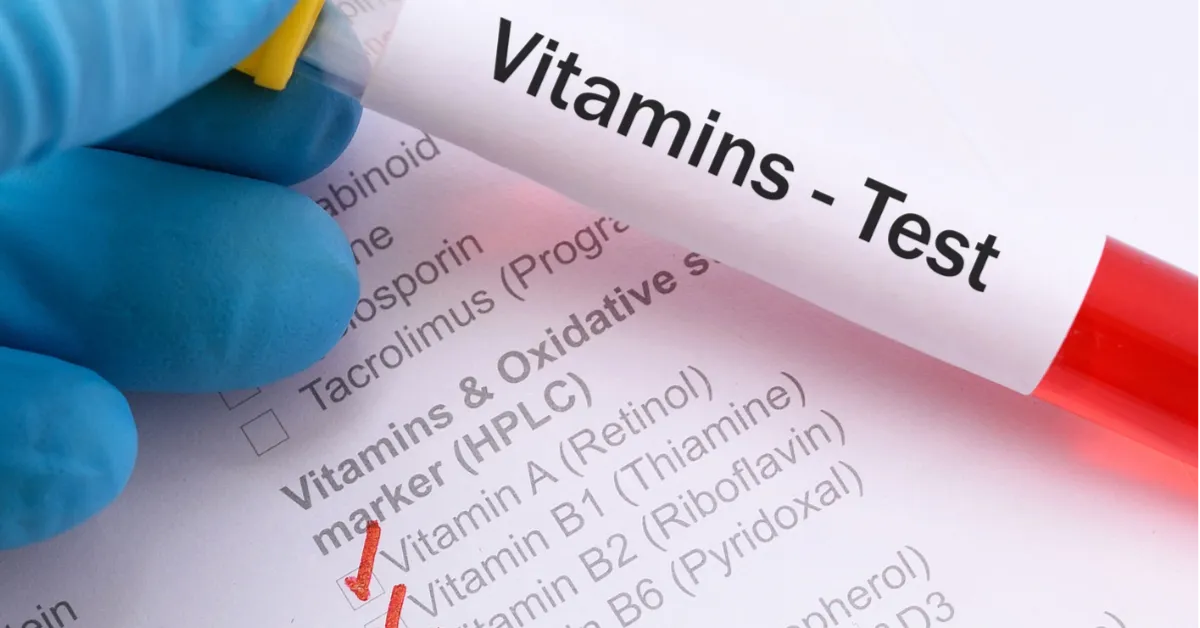AOAC 2018.01 Vitamin C and E Stability in Processed Juices
The AOAC International Standard Method 2018.01 is widely recognized for its accuracy and reliability in assessing the stability of vitamins, specifically ascorbic acid (Vitamin C) and tocopherols (Vitamin E), during the processing of juices. This method plays a crucial role in ensuring that processed juice products maintain optimal vitamin content throughout their shelf life.
The AOAC 2018.01 procedure involves a series of steps designed to simulate real-world conditions under which processed juices are exposed to heat, light, and other environmental factors during manufacturing and storage. This method helps manufacturers understand the extent to which vitamins can degrade over time, thereby enabling them to optimize their production processes and ensure product quality.
The testing process typically begins with the collection of juice samples that have been processed according to standard industry practices. These samples are then stored under controlled conditions designed to mimic real-world scenarios, such as exposure to heat and light. The stability of Vitamin C and Vitamin E is monitored over a predetermined period using precise analytical techniques.
The analytical methods employed in this test include spectrophotometric analysis for measuring the concentration of vitamins and chromatographic techniques for assessing the purity and degradation products of these vitamins. These advanced technologies provide detailed insights into how processing affects the stability of these essential nutrients, allowing manufacturers to make informed decisions about their production processes.
Understanding the stability of Vitamin C and E in processed juices is critical because both vitamins are highly susceptible to oxidative stress and heat-induced degradation. This knowledge helps ensure that consumers receive adequate nutritional value from the products they purchase. By adhering to this standard, companies can demonstrate compliance with regulatory requirements and maintain their reputation for delivering high-quality, safe, and nutritious beverages.
The results of AOAC 2018.01 are reported in terms of vitamin content before and after processing, expressed as a percentage of the initial concentration. These data provide valuable insights into the effectiveness of different processing methods and enable companies to refine their production processes for better outcomes. The test also helps identify potential quality issues early on, allowing for corrective actions to be implemented promptly.
Adhering to this method ensures that processed juice products consistently meet or exceed regulatory standards for vitamin content. This not only enhances consumer trust but also supports broader public health objectives by ensuring that dietary recommendations are accurately reflected in food products. By leveraging the insights gained from AOAC 2018.01, companies can contribute positively to public health while maintaining a competitive edge in the marketplace.
Furthermore, this method is particularly useful for R&D teams working on new product formulations or process improvements. It allows them to test and refine their approaches systematically, ensuring that any changes made do not compromise the nutritional integrity of the final product. This capability is essential given the increasing demand for functional beverages that offer specific health benefits beyond basic nutrition.
Manufacturers who adopt this testing method can also use it as part of their broader quality management strategies. By integrating AOAC 2018.01 into their compliance programs, they demonstrate a commitment to excellence and transparency, which is increasingly important in today’s competitive market environment.
Customer Impact and Satisfaction
- Enhanced consumer trust through consistent vitamin content.
- Improved compliance with regulatory standards for food safety and nutrition.
- Increased product quality leading to higher customer satisfaction rates.
- Promotion of sustainable practices in the supply chain.
- Supports R&D teams in optimizing production processes.
- Provides actionable data for corrective actions if any issues arise during processing.
- Facilitates better communication between manufacturers and regulators regarding product quality.
Environmental and Sustainability Contributions
- Promotes sustainable food production practices by ensuring minimal vitamin loss during processing.
- Reduces waste through optimized production processes informed by test results.
- Sustains public health goals by delivering high-quality, nutritious products to consumers.
- Supports regulatory compliance and ensures product safety.
- Fosters transparency in the food industry regarding nutritional content.
- Encourages continuous improvement in manufacturing processes to enhance overall sustainability.
Competitive Advantage and Market Impact
Adopting AOAC 2018.01 provides significant competitive advantages by ensuring that processed juice products consistently meet or exceed regulatory standards for vitamin content. This commitment to quality not only enhances consumer trust but also supports broader public health objectives. By leveraging the insights gained from this method, companies can differentiate themselves in a crowded market and maintain their reputation for delivering high-quality, safe, and nutritious beverages.
The test results can be used as part of marketing strategies to promote product quality and nutritional integrity, which are valuable differentiators in today’s competitive landscape. Additionally, the data obtained from AOAC 2018.01 helps manufacturers refine their production processes for better outcomes, ensuring that any changes made do not compromise the nutritional integrity of the final product.
By adhering to this standard, companies can demonstrate a commitment to excellence and transparency, which is increasingly important in today’s competitive market environment. This approach supports broader sustainability goals by promoting efficient resource use and minimizing waste throughout the supply chain. Ultimately, such practices contribute positively to public health while maintaining a competitive edge in the marketplace.





